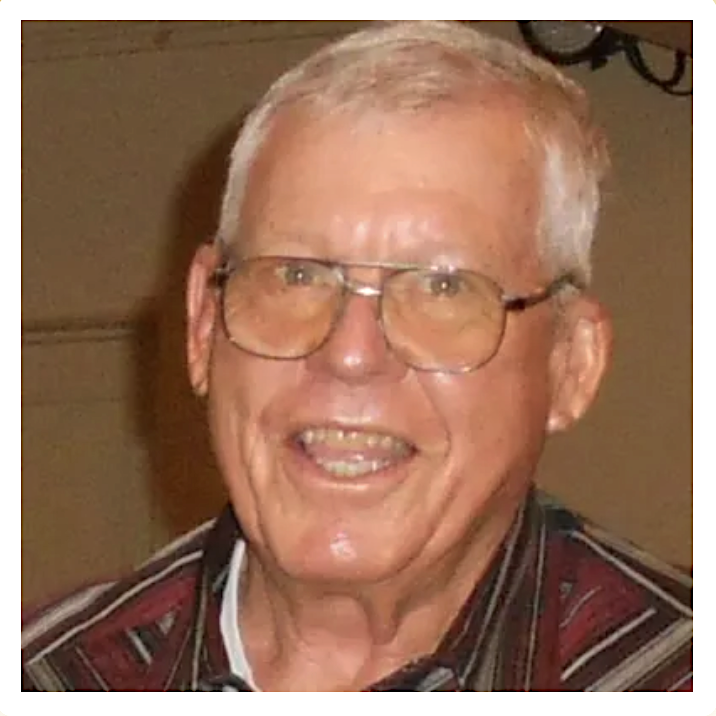 |
| Never too old to play with trains. |
We met five years ago when I was writing an article about the Gangplank, the erosional remnant that provided an easy route up to the crest of the Laramie Mountains for the Transcontinental Railroad. Someone gave me Jerry's number, I called, and was soon immersed in local railroad history. He suggested we drive around to see remnants of the original line, but life interfered and we never did.
 |
| Looking east down the Gangplank; note railroad left of Interstate 80. Courtesy USGS. |
 |
| Laying track for the UP in 1868. From Wyoming Tales & Trails, original source not given. |
Jerry considered himself a self-taught historian. He first got interested through his fascination with trains. When he was a kid, growing up in a family of railroaders, he tried to learn as much about trains as he could, and stumbled upon history in the process. He also spent a good deal of time in the railroad yard checking out everything and everybody, and climbing on the trains rolling around the yard. He gave up jumping on trains as he got older, but his reading and research expanded to include books, old newspapers, old photos, and more. In 2014, Jerry and the late Larry Ostresh, another leading local historian, wrote their own book—Laramie Railroads.
 |
| Brand new Union Pacific Passenger Station in Laramie, 1924. In 1985, local citizens saved it from destruction by the UP. It's now a museum (American Heritage Center). |
The last time I visited, it was to ask about the mysterious Right Hand Fork of the Laramie River, which appeared on a map published in 1845 by explorer John Fremont. Jerry was immediately interested; this was news to him. He gave me ideas, sources to investigate, and places to visit after the weather warmed. I'm sorry I didn't get it figured out before he passed.
After we were done dissecting Fremont, Jerry told me about his recent third heart attack. It was a classic Jerry story, with clear highlights, and punctuated with pauses, smiles, and chuckles. It happened while he was driving to Cheyenne to see his cardiologist (pause chuckle). He didn't remember going off the highway, but when he came to, he saw his truck had been stopped by an old railroad embankment (pause smile). He spent four days in the Cheyenne hospital where he was treated like a king, and after surgery he felt much better (a happy ending). It may have been a bad experience, but what a great story!
That was so Jerry. During our visits, it seemed the world was mostly a good place (except when "they" tore down old Laramie buildings). Sometimes I think of Jerry and try to be more like him. Sometimes it works.

Always good to meet people who are passionate about what they care about.
ReplyDeleteBW, so true! And like you and your grasses, it inspires me :)
Delete